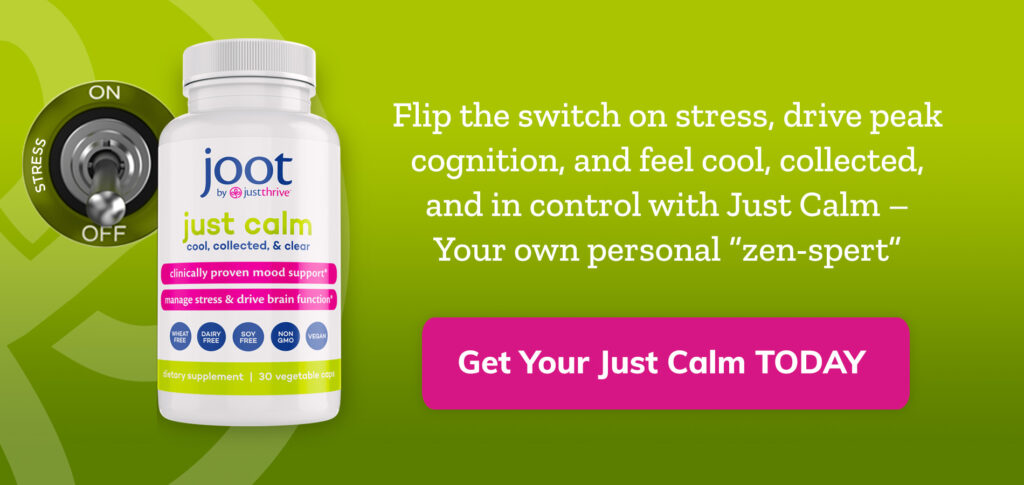1. Meditation lowers stress and helps you feel a lot better.
Meditation activates your parasympathetic nervous system, the source of what Harvard researcher Dr. Herbert Benson called the relaxation response, while calming your sympathetic nervous system, the source of the stress-inducing fight or flight response.
Because stress is an immune system depressant, meditation also reduces the number and severity of many illnesses and physical problems.
Meditation also increases levels of “feel-good” neurochemicals, including serotonin (low levels are associated with depression), acetylcholine (crucial to memory, motivation, and cognition), and DHEA (associated with robust health and greater longevity).
2. Meditation increases emotional intelligence.
Regular mediators better perceive others’ emotions and feel empathy toward others. They’re better able to harness emotions (even negative ones) to facilitate problem solving and goal achievement.
Because their brains have been rewired to better comprehend “emotional language” (through neural connections linking the prefrontal cortex, the source of “executive control, and the amygdala, the brain’s emotional hub), they more easily navigate emotionally complex situations and are less reactive.
Brain scans, in fact, show that brain areas involved in emotional calmness and executive control are thicker and more active in meditators than in non-meditators.
3. Meditators more easily experience the“flow state.”
There are six characteristics of this state:
1) Effortless, focused concentration.
2) A merging of action and awareness, creating more behavioral choice — for instance, to act (as when working toward a goal), or avoid acting (where a rash action might create unpleasant consequences).
3) A decrease in “reflective self-consciousness.” In other words, less “apprehensive evaluation” while acting—less hesitative second-guessing. In flow, you know just what to do—it “flows” through you, without the need for constant monitoring and evaluation.
4) Effortless personal control or agency. Heightened meditative awareness increases intentionality and certainty of action. You experience a sense of confident personal control or agency in whatever you do.
5) Time distortion. Absorbed in the moment, you lose track of time (in a good way). You’re present, “in the moment.”
6) All tasks become intrinsically rewarding. Whatever you do seems intrinsically meaningful—and therefore satisfying—something which is absent in those feeling depressed or hopeless, where daily activities seem lacking in meaning or significance. Longtime meditators see meaning everywhere.
4. Meditation increases executive control.
Meditation increases gray matter (neurons) in brain areas responsible for attention and sensory processing. As a result, sensory information is gathered and processed more accurately. This improves and enhances:
- Reward anticipation (for instance, deferment of immediate gratification in favor of future rewards)
- Decision-making
- Empathy
- Impulse control
- Emotional control
5. Meditation increases “perceptual objectivity.”
This objective perception also increases “accuracy, objectivity, and the quantity of perception”—how much is noticed in a given situation. Enviable qualities, to be sure. But despite the obvious benefits—and the increased awareness that those benefits exist—those who meditate represent only a small fraction of the population. Even those convinced of its benefits often have trouble sustaining a meditation practice. Based on the feedback of nearly 2 million users over the last 25 years, we estimate that this technological approach gives the user the same benefits as traditional meditation, but about eight times faster. You don’t need to learn to meditate, or go through a long learning curve, to benefit.

